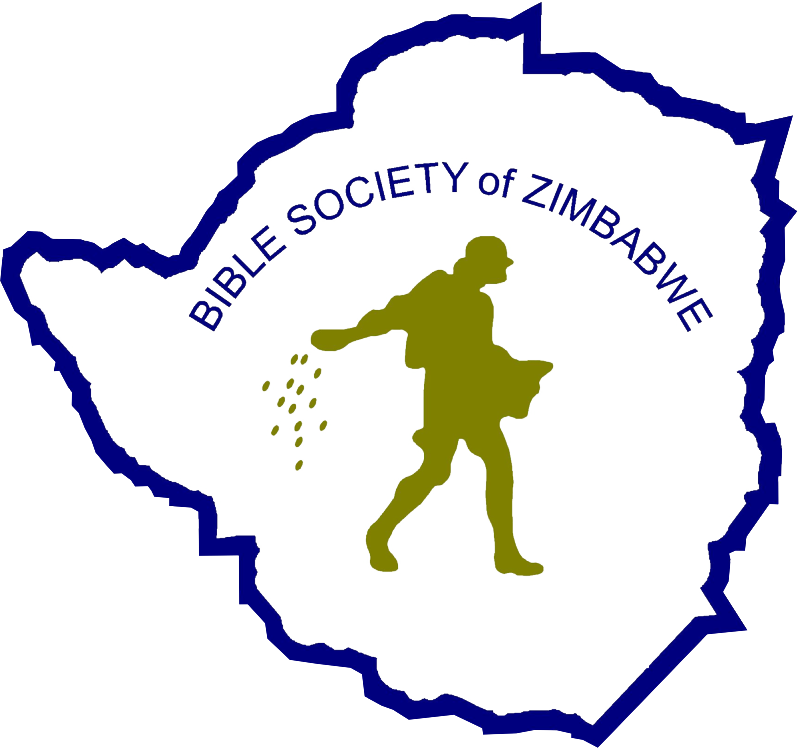The Shona Bible, translated and published by the Bible Society of Zimbabwe, provides the scriptures in Shona, one of the major languages spoken in Zimbabwe. Here are some key points and considerations about the Shona Bible:
- Translation and Language: The Shona Bible is translated into Shona, making it accessible to Shona-speaking communities. This ensures that readers can engage with the scriptures in their native language, enhancing understanding and personal connection.
- Cultural Relevance: Translating the Bible into Shona involves adapting the text to reflect cultural details and idiomatic expressions unique to the Shona people. This makes the scriptures more relatable and meaningful.
- Historical Background: The translation of the Bible into Shona has a rich history, with early efforts dating back to missionary activities in the late 19th and early 20th centuries. The Bible Society of Zimbabwe has worked to update and refine these translations over time.
- Versions and Editions: There are different editions and versions of the Shona Bible, including those designed for specific audiences such as children or those with study notes and commentaries.
- Use in Churches: The Shona Bible is widely used in churches across Zimbabwe, particularly in congregations where Shona is the primary language. It is used for preaching, teaching, and personal devotion.
- Educational Tool: The Shona Bible is also used in religious education settings, including Sunday schools, Bible study groups, and theological institutions. It serves as an important resource for teaching and learning about the Christian faith.
- Community and Identity: Having the Bible in Shona helps preserve and promote the language and cultural identity of Shona-speaking communities. It reinforces the importance of native languages in religious and spiritual contexts.
The Shona Bible by the Bible Society of Zimbabwe is suitable for anyone who speaks Shona and wishes to read and understand the scriptures in their native language. It is a valuable resource for personal study, communal worship, and cultural preservation.
